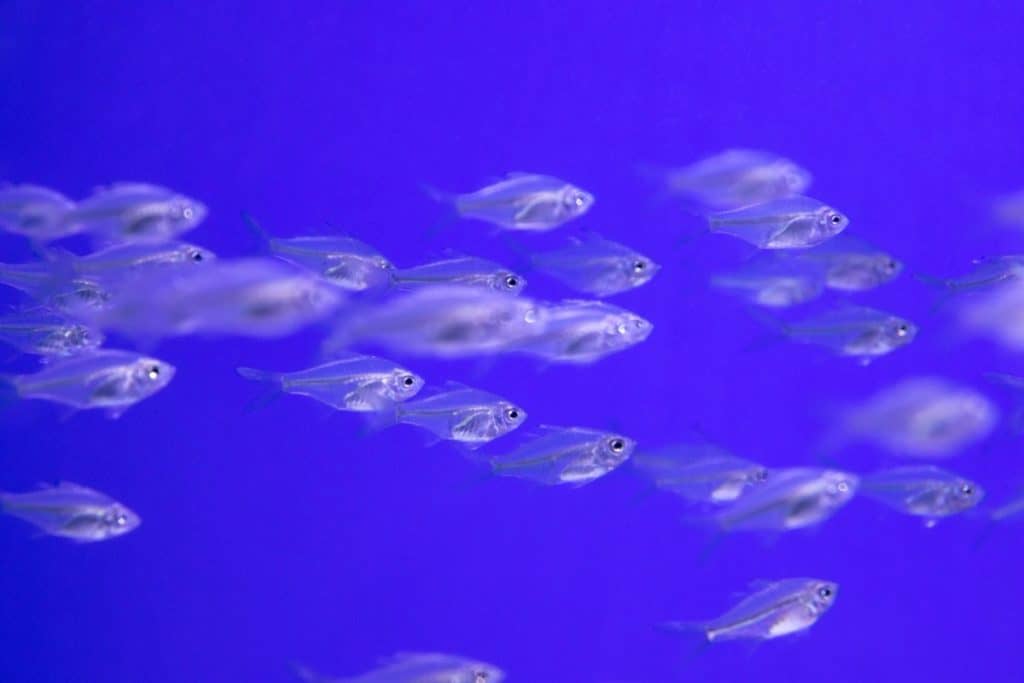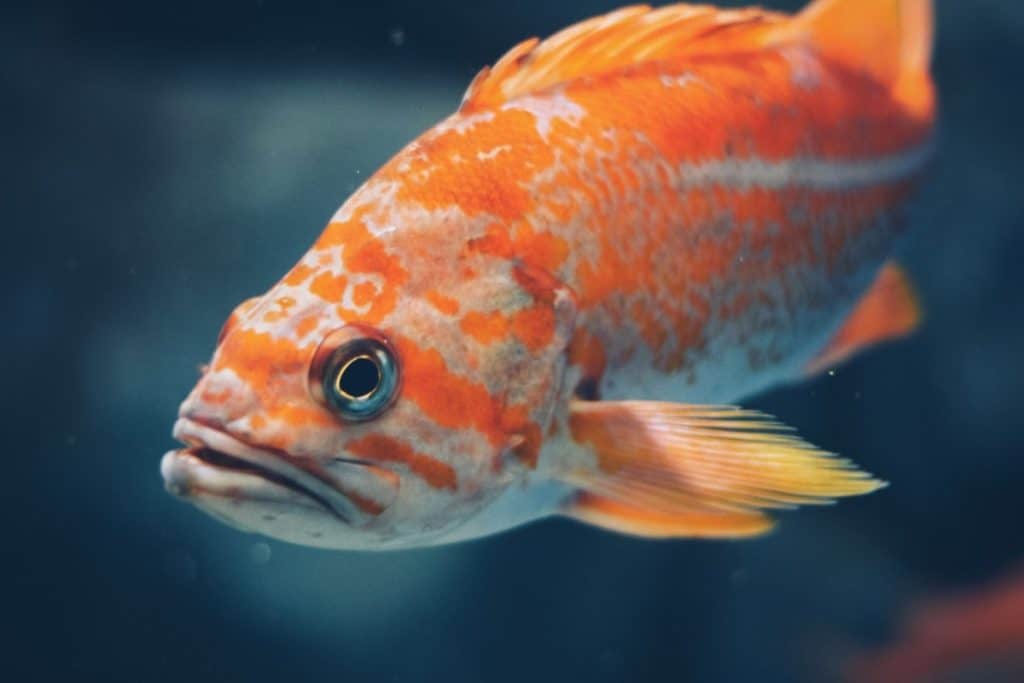
Were you interested just like me in what ways bass fish can die? If this is the case then you’ve come to the right article as I’ll be answering this question for you. After I’ve provided you the answer to the main question then you should continue reading because I’ll also answer a few more closely related questions.
In what ways can bass fish die? There are various ways in which bass can come to the end of their lives. Examples of these ways are:
- When a bass dies because of a lack of oxygen.
- When a bass dies because of a lack of food.
- When a bass dies because of a disease.
- When a bass dies because of being eaten by a predator.
- When a bass dies because it’s wounded
- When a bass dies because of old age.
- When a bass dies because of having parasites in its body.
- When a bass dies because of the water temperatures being either too low or too high.
There are most likely a lot more ways that bass can come to the end of their lives but above I’ve mentioned at least the obvious ones to give you a good idea.
In what ways will the bass fish not die?
There are, of course, different ways possible that will lead to a bass not dying. Like, for example, if the bass in question contains parasites but, in the end, survives, or when they barely die of starvation but still survive because of the bass being in a good condition.
Also, it can, for example, be that the bass in question is living in water temperatures that are very close to freezing point which could result in the bass dying. But that the bass survives because of the water temperatures, in the end, not dropping that low.
What happens when a bass fish dies?
Whenever a bass fish dies, the oxygen that is located in the fish’s bladder will stay there. Once the body of the bass decomposes, gasses will form in their body which will result in the bass floating to the surface.
It is also likely that once a bass dies that it will be eaten by another predator as other fish can easily scent fish that are easy prey for them.
Have you done something wrong when your bass fish has died?
It doesn’t have to be your fault if your bass pet results in dying. It can, for example, also be that the bass in question died of old age or that the bass died because it had a disease that you weren’t informed about.
But, of course, it can also be that the bass died because you, for example, didn’t feed it enough food, so in the end, it’s important to learn from your faults if you happen to have made one or two.
Does largemouth bass die after being caught?
Even though largemouth bass may die after being caught, it for sure doesn’t have to happen every time you catch and release one. Generally, you can expect catch and release fish to die about 20 percent of the time.
This percentage can also differ because it also varies for each bass in what condition it is in and also, for example, on how far the hook went into the bass’s body. Another factor that plays a role as well in the bass dying is how the bass in question was handled (was it picked up with dry or wet hands or was the bass thrown hard back into the water or with ease?).
If you can’t get enough of learning about bass then I encourage you to check out the “Bass Category Page” which consists of various articles that give answers to bass-related questions.
Will bass fish die if they swallow plastic worms?
Plastic cannot be digested by fish and therefore it is very likely that your bass will die if it happens to swallow a plastic worm. Certain types of plastic can even be poisonous to bass, so in the end, it’s important to make sure that your pet bass doesn’t swallow any plastic.
Now, of course, it’s important to keep in mind that bass won’t always die when they accidentally swallow a plastic worm and therefore you shouldn’t pronounce them death immediately when they’ve swallowed one.

Do bass fish die when they bleed?
It isn’t always going to happen that the animal in question will always end up dying. When, for example, you’re trying to catch fish then you’ll probably end up providing fish with some wounds that bleed but that doesn’t mean that those wounds will always kill the bass.
It is also known that about one-fifth of catch and release fish die because of wounds which means that fish for sure don’t always die when they bleed.
Do bass fish die in the winter?
You can expect some bass to die during the winter months. They, for example, will die because of too low water temperatures (below 45 degrees) or they will die because of being unable to find any food.
Bass surely don’t have to die during the winter months though, as temperatures will not always drop beneath 45 degrees which would then also result in enough food in the water for the bass to take advantage of.
Related questions
Do fish feel pain when they die?
A lot of research has been done on whether fish can feel pain or not. Scientific evidence shows that fish can indeed feel pain. You can, for example, see that they feel pain through their behavior when they’re injured.
Check out the video below if you want to know what fish feel when they are killed.
What percent of catch and release fish die?
Various tests have been done all over the world on what percent of catch and release fish die. On average you can expect about 16.2 percent of fish to die after being caught and released. This percentage also varies depending on the way the fish is handled.
Does the bass fish feel pain when hooked?
You can expect bass to not feel any pain whenever they’re hooked in their mouth. Most parts of their mouths do not contain any pain sensors and the same can be said for their lips. You can, however, also be sure that they will feel the hook.
Conclusion
Now you know that basses can come to the end of their lives in various ways. Examples of these ways are a lack of oxygen, a lack of food, because of diseases, being eaten by other predators, because of being wounded, because of old age, because of having parasites in their bodies, because of water temperatures either becoming too low or too high.
